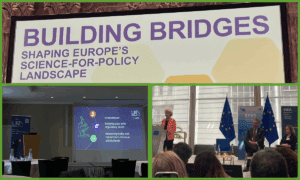On 8 February, the European Parliament and the Council of the European Union provisionally agreed on the European Commission’s proposal for a revision of the Mercury Regulation. The material’s only remaining intentional use is dental amalgam, however, this will be foreseeably banned from next year, 1 January 2025. Mercury was identified as a global major threat to human health and environment, due to its potential to cause harm to the central nervous system, lungs, kidneys, and the immune system amongst other threats, by the Minamata Convention on Mercury. This convention by the United Nations Environment Programme aims to control and reduce anthropogenic mercury emissions.
Following the EU’s signing the convention in 2013, it introduced the initial mercury regulation in 2017, the latest update proposal of which was adopted by the commission in July 2023. This proposal is now received the green light by the Council and the Parliament. It obligates member states to use mercury-free dental filling materials instead of dental amalgam containing mercury, and also covers mercury-containing lamps. The Commission’s statement highlights that this legislation will contribute to the aims of the European Green Deal, the Chemicals Strategy for Sustainability and the Zero Pollution Initiative.
In addition to the relation to the Zero Pollution Initative and the Chemicals Strategy for Sustainability – both of which EuChemS is a stakeholder of – EuChemS has been following the specific science-policy developments surrounding mercury, and addressed the topic in multiple public consultations.



